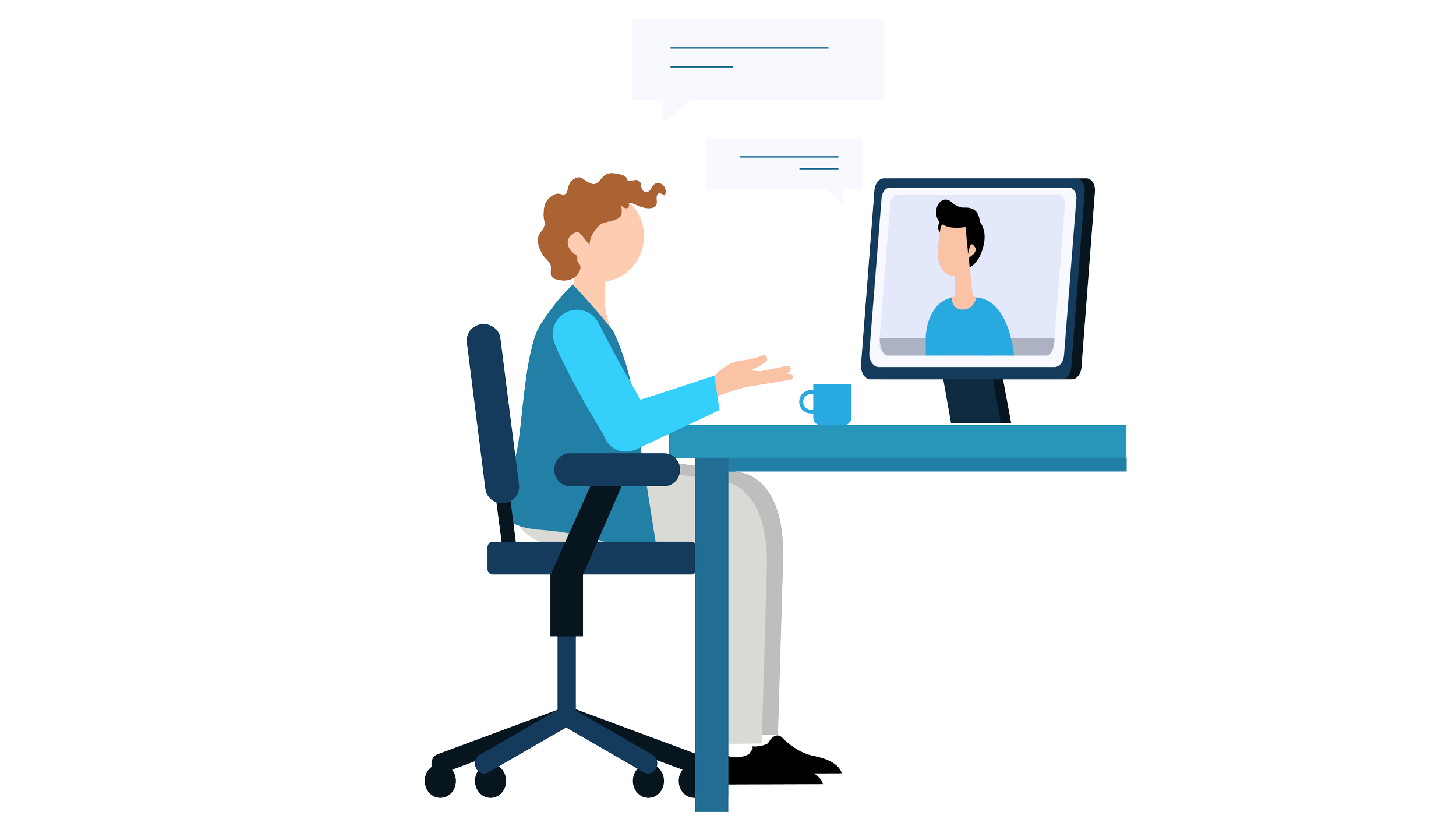Online sleep coaching for insomnia
Personalised help for your sleep with Ed
Coaching session details
✔︎ A 50 minute online one to one zoom call with Ed
✔︎ Identify what might not be helping your sleep
✔︎ Learn to improve sleep problems using ACT
✔︎ Develop tools to sleep well for life
✔︎ Sleep coaching sessions are £72
Who coaching sessions are for
✔︎ Adults over 21 with recent or longer term sleep problems.
✔︎ Those who don’t want sleep problems holding them back in life.
✔︎ Those who’ve already tried lots of different things to help their sleep without having much success, such as: yoga, meditation, sleep hygiene, supplements, sleeping pills, wind down routines etc.
✔︎ Those who are unsure what to do about their insomnia problem.
Who coaching sessions are not for
✘ Sleep Disorders (e.g. Narcolepsy, Sleep Apnoea and Parasomnias such as sleep walking, night terrors and sleep paralysis).
✘ Sleep difficulties due to chronic pain issues.
✘ Those who are not open to trying a new approach.
✘ Those who are in a crisis who need urgent help.
✘ Diagnoses or medication advice (e.g. medication exit strategies) - I am not a medical doctor.
Schedule your session here
Previous client testimonials
FAQs
-
Sleep coaching sessions for insomnia happen online via zoom. When you book a session you will automatically be emailed a zoom link for your booking. There’s nothing you need to prepare for a session but please ensure you have a private quiet room where you will not be disturbed and a pen and paper for any notes you wish to take.
-
To cancel or reschedule a session, please do so using the Calendly booking system, which can be done via the email sent to you confirming your booking. Alternatively, you can contact me at londonsleepcoach@gmail.com if needed.
-
Myself, Ed. Although I’m not formally qualified as a doctor or psychologist, I’ve been through my own struggles with sleep and am well versed in how ACT can help. I’ve become trained, knowledgeable and experienced at using ACT to help others with insomnia difficulties.
-
I can help most adults with either newly developing sleep issues or long term chronic insomnia.
The consultations cannot, however, help individuals to deal with some specific sleep problems that require medical attention. These include sleep apnoea, parasomnias (e.g. sleep terrors & sleep walking), restless legs syndrome, narcolepsy and REM sleep behaviour disorder.
Additionally, I am unable to assist individuals over the age of 65 due to potential health complications that may affect sleep. I am also unable to work with those who have been diagnosed with psychosis, bipolar disorder, schizophrenia, or any neurodegenerative disorders, such as Alzheimer’s and Parkinson’s.
I help treat insomnia using the clinically proven ACT based approach.
-
It’s very common for people suffering from insomnia to be taking prescribed sleeping pills or over the counter equivalents. The ACT based approach helps you to build trust in your own natural ability to sleep without needing sleeping pills. Please note, you should always follow your doctors advice and guidance for what medication you should or should not be taking, especially for medication exit strategies.
-
I cannot guarantee the number of sessions required for you to improve your sleep, as this depends on your specific situation. However, most clients report significant improvements within a relatively short period of time. Since everyone’s sleep issues are unique, some people may need only a few consultations, while others might benefit from more.
-
Acceptance and Commitment Therapy (ACT) was first pioneered in the eighties as a mindfulness based therapy. It works by helping someone to accept any difficulty sleeping as it happens, helping them to stay in the present moment, despite any bad thoughts and feelings that arise. Furthermore, it helps someone to focus on pursuing what they value in life despite the difficulties that insomnia brings.
ACT encompasses practicing a variety of skills, such as simple mindfulness & self-comapssion based techniques, with the aim of allowing someone to free themselves from obsessive negative thinking about sleep. This lets them rest in bed peacefully and drift off into good quality sleep.
Fortunately, it works wonderfully for treating insomnia. It helps to manage people’s levels of anxiety and stress around sleep, and not let it disturb their sleeping patterns.
-
For many years CBTI has been seen as the gold standard of treatment for chronic insomnia. However, it isn’t always succesful at helping people to fully overcome their insomnia. About only a third of people who go through CBTI report that they have returned to regularly sleeping well again at night. Of that third, many are still reliant on using strict rules and routines to help them sleep. The ‘sleep restricitoon’ and ‘stimulus control’ measures used in CBTI can also be too difficult for lots of people.
The ACT approach is also a well regarded scientifically proven way to help people improve insomnia. It doesn’t, however, require you to follow any difficult routines or rules. Through ACT, people can become more resilient sleepers who are less likely to develop sleep problems again.
ACT is slightly less well known about than CBTI for treating insomnia as it’s a newer therapy that hasn’t been around for as long. This may be why you haven’t heard of it before.

